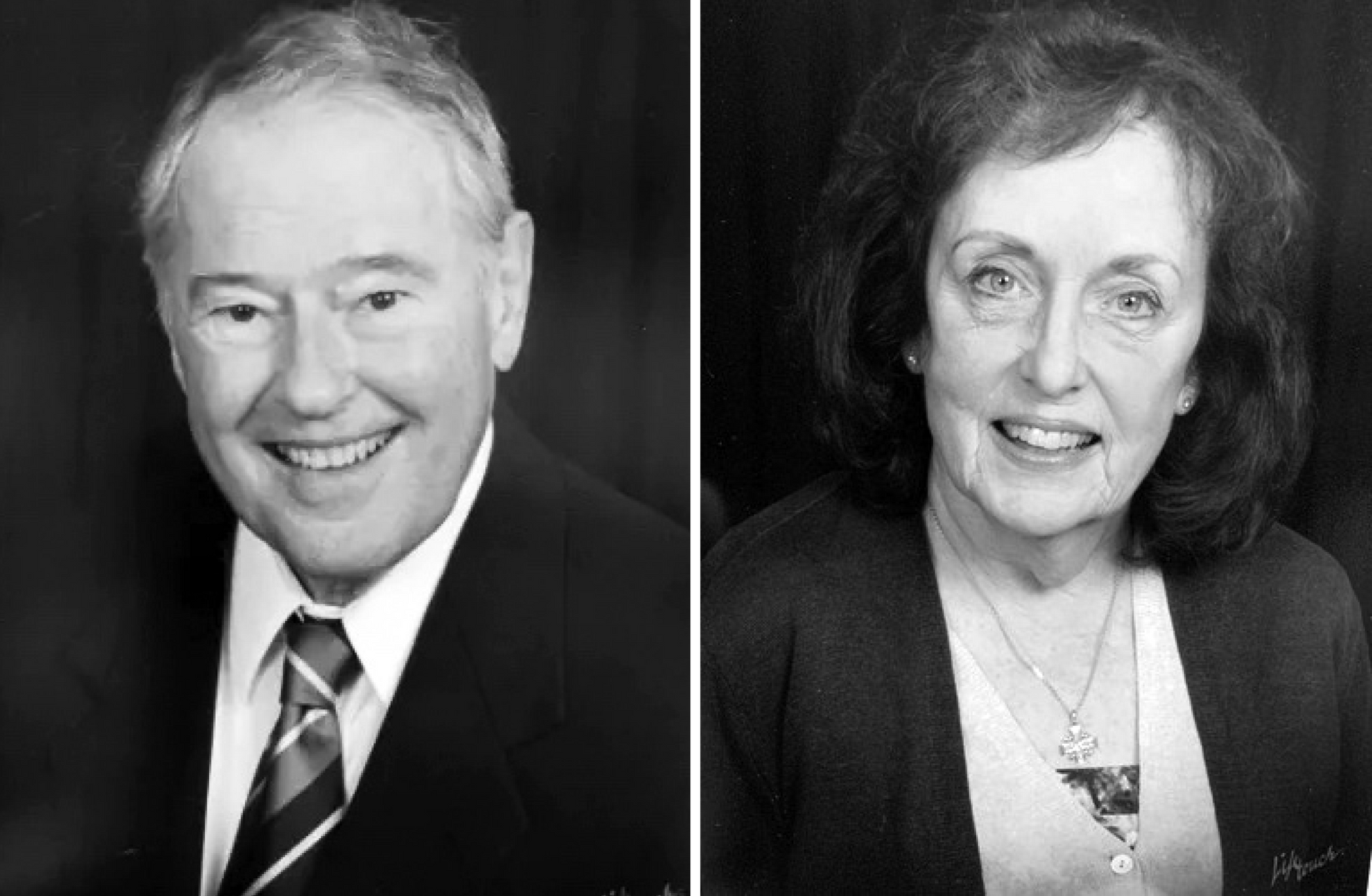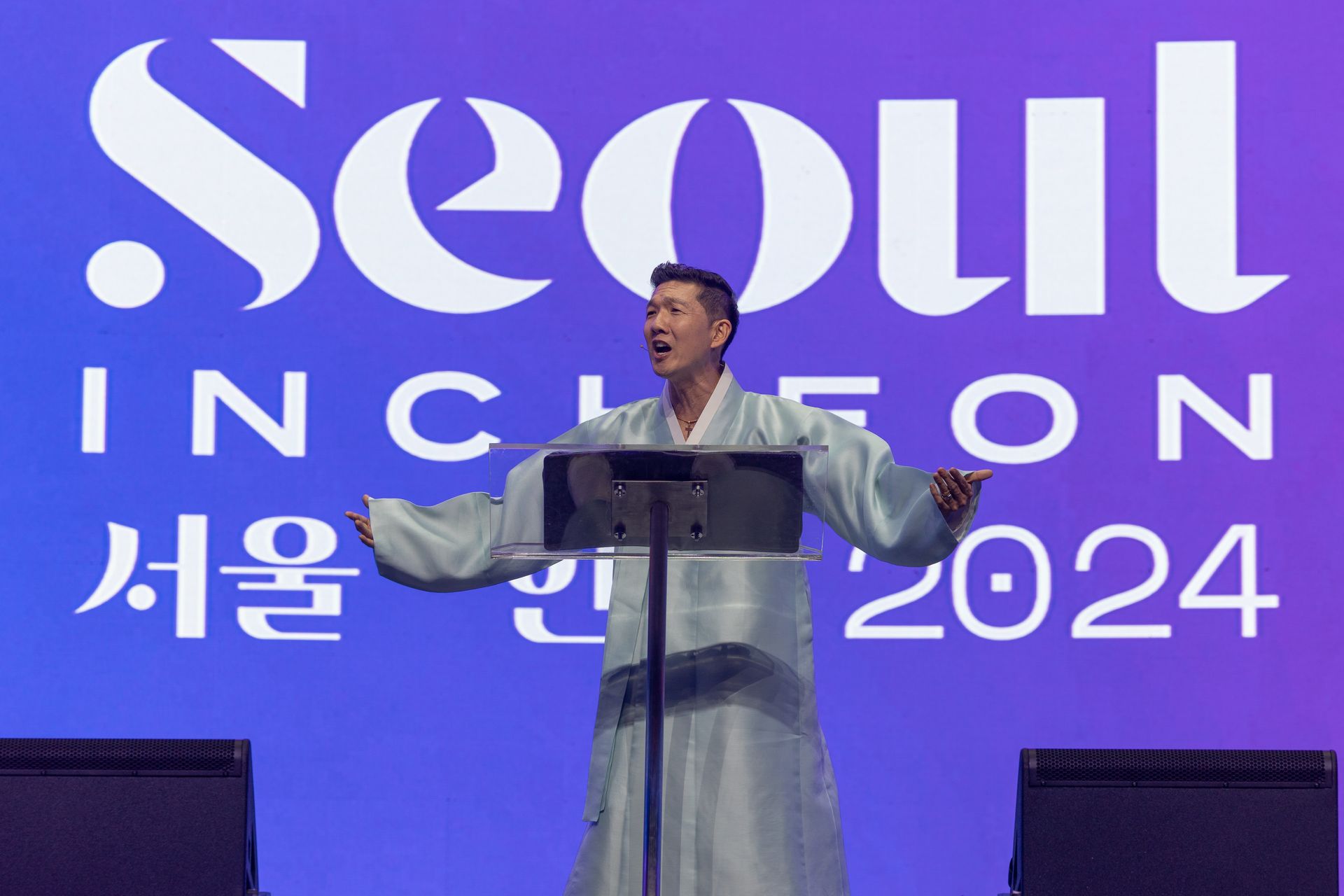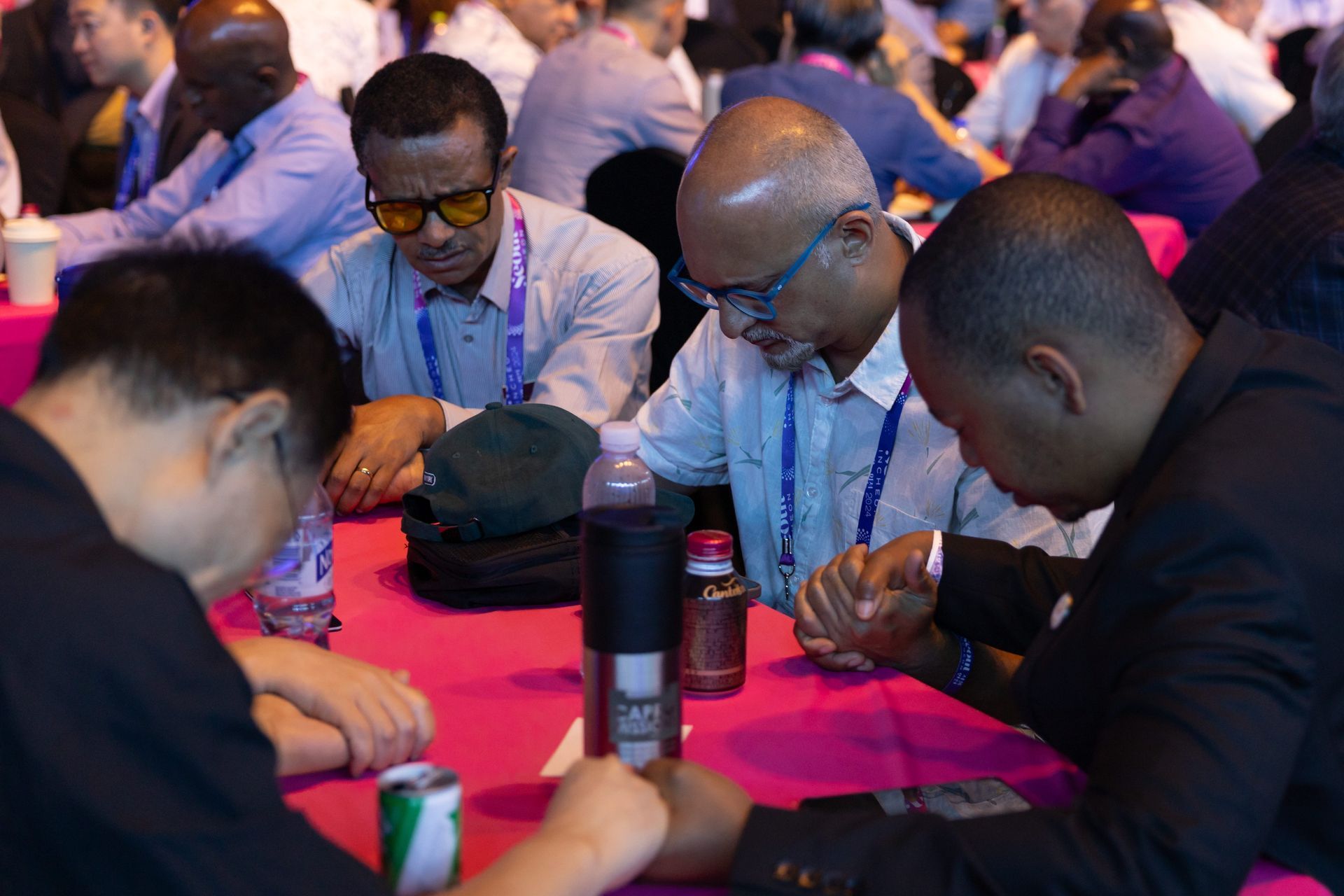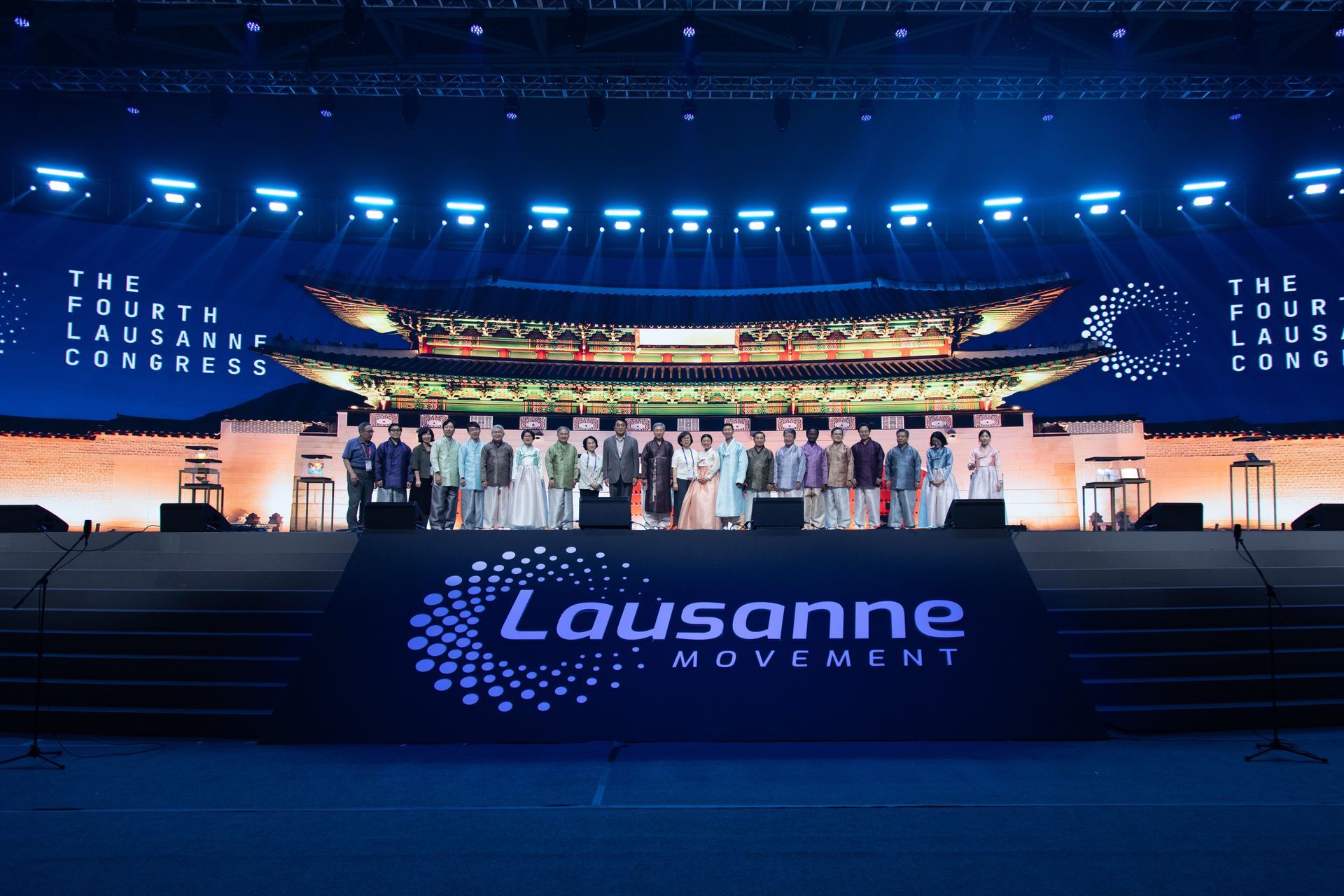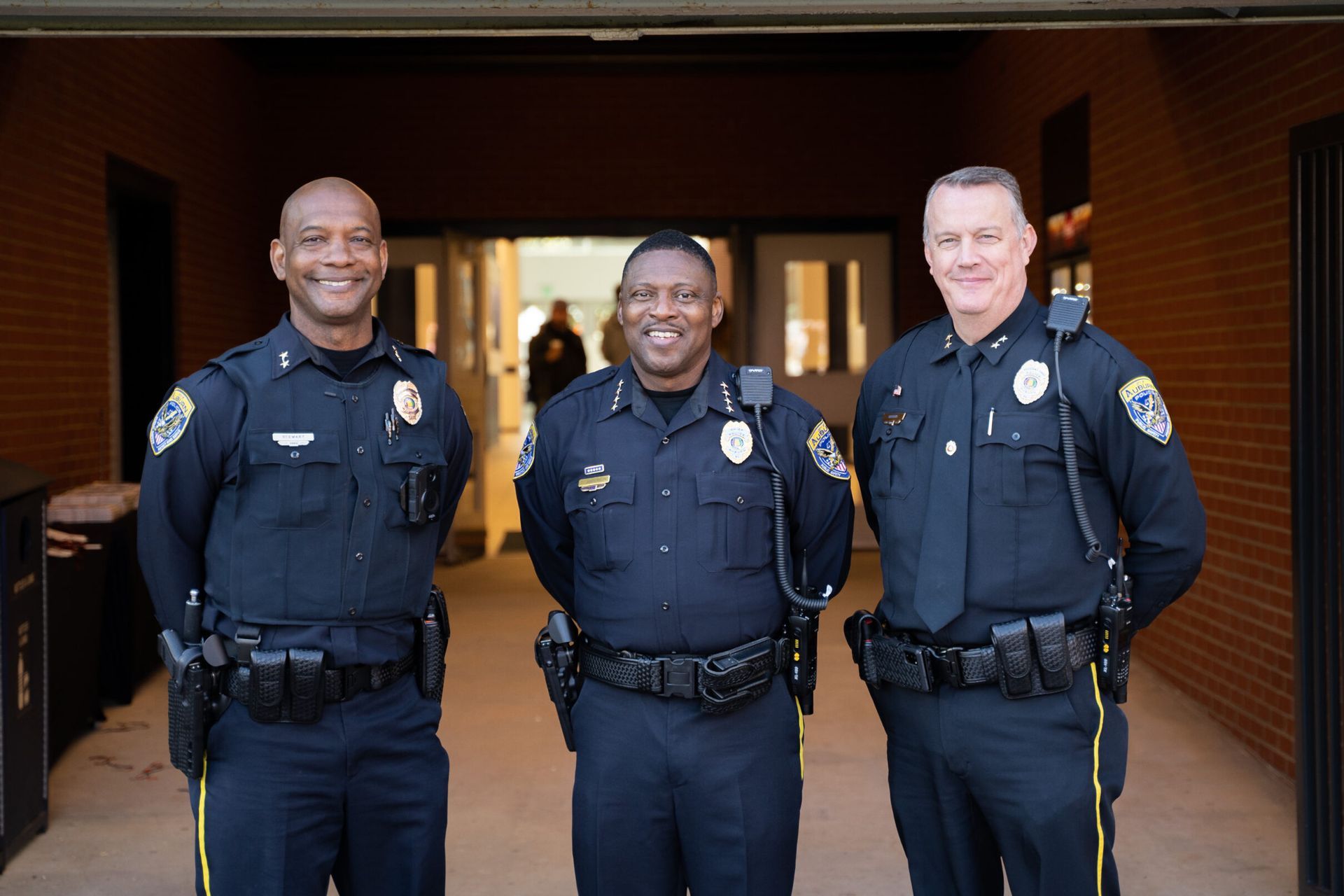Hoffman Rhyne, President & Academic Dean of Christ Our Redeemer Seminary
In 1955, Billy Graham and John Stott formed a friendship out of a common burden for the unity of the Church and the fulfillment of the Great Commission. At the time, the Church in the West was fractured by the fundamentalist-modernist controversy. To the non-Christian world, the Church’s infighting betrays her gospel of reconciliation. The Church at that time needed a way out of the slums of fundamentalism and the swamp of theological liberalism. What was at stake? Nothing less than the name of Jesus in the Church and among the nations.
Also at this time, the global Church was in the midst of a major transition. Largely due to the missionary efforts of the 19th and 20th centuries, the Church in Africa, Asia, and Latin America had witnessed dramatic growth. Graham’s ministry over the years had afforded him the opportunity to befriend and partner with leaders in these young but vibrant churches. He had won their trust and they, his. And yet, many of these leaders did not know each other. Graham gained a vision for bringing these leaders together to seek the Lord together as the global Church. But for his vision to be realized, Graham needed Stott. John Stott was one of the world’s most trusted theologians at the time and Graham enlisted his help to form a doctrinal basis for evangelical partnership in missions.
Through their efforts, around
2,700 Christian leaders from 150 countries traveled to Lausanne, Switzerland in July 1974 for “the First International Congress of World Evangelization.” Time magazine
reported at the time that it was “possibly the widest-ranging meeting of Christians ever held.” It was not only marked by diversity but by humility, genuine dialogue, and repentance.
Perhaps the most important and lasting contribution of this gathering was the
Lausanne Covenant. It not only provided a theological definition of evangelicalism, it is perhaps the most influential document in modern evangelical missions. This is because it is not merely a statement of belief but a covenant. By the end of the congress, the delegates who signed the covenant pledged themselves to cooperative action with one another for the fulfillment of the Great Commission. It was truly a historic moment. When Graham was interviewed by Newsweek in 2006, he reported that the ‘74 Lausanne Congress and the resulting Lausanne Movement was perhaps his most significant contribution to the world.
This movement convened again in Manila in 1989 and Cape Town in 2010. In keeping with Lausanne ‘74, the purpose of these gatherings was to call leaders from the global Church together to affirm our unity in Jesus Christ, our commitment to doctrinal faithfulness, and to partnership in the Great Commission. These were not mere conferences but congresses that hammered out decisions leading to committed action in the years ahead.
As we seek to be faithful to the Great Commission in the 21st Century, the need for a comprehensive, coordinated, and collaborative global mission has never been more pressing. The Lausanne Movement is therefore convening for the
Fourth Lausanne Congress
this week in Seoul, South Korea.
CORS at Lausanne 4
We are honored that CORS president Hoffman Rhyne is able to join the 5,000 participants from around the world in the Fourth Lausanne Congress. He is there now and is excited about what the Lord will do and the longterm fruit that we pray will come from this gathering.
There are three ways that you can participate in this as well:
- Pray. You can
participate in this event through prayer. Lausanne has a prayer guide as well as a 24-7 online prayer room. The prayer room has information to guide your prayers as you join with Christians from all over the world in prayer for God to make Christ known everywhere!
- Listen. Lausanne also has a great
podcast series you can check out.
Mission Shift is another excellent podcast on global missions today.
- Learn. Also, for our next quarterly seminar on Thursday, November 14th, Hoffman will be sharing with our community key lessons and insights from this gathering of the global Church and how we can increase our participation in God’s global mission. Click here to go ahead and sign up for that seminar. Also, to learn more about the Lausanne Movement, here are some good places to start:
- History of Lausanne
- CT article by Joshua Swamidass,A Theological Monument to Unity Amid Diversity
- An Exposition and Commentary of the Lausanne Covenant by John Stott
